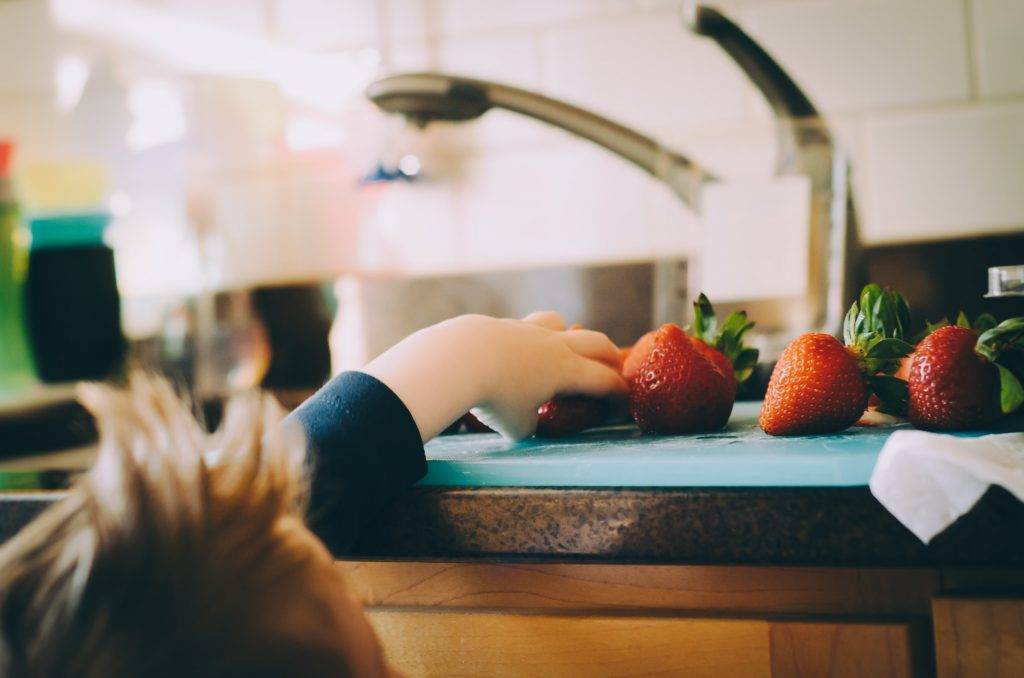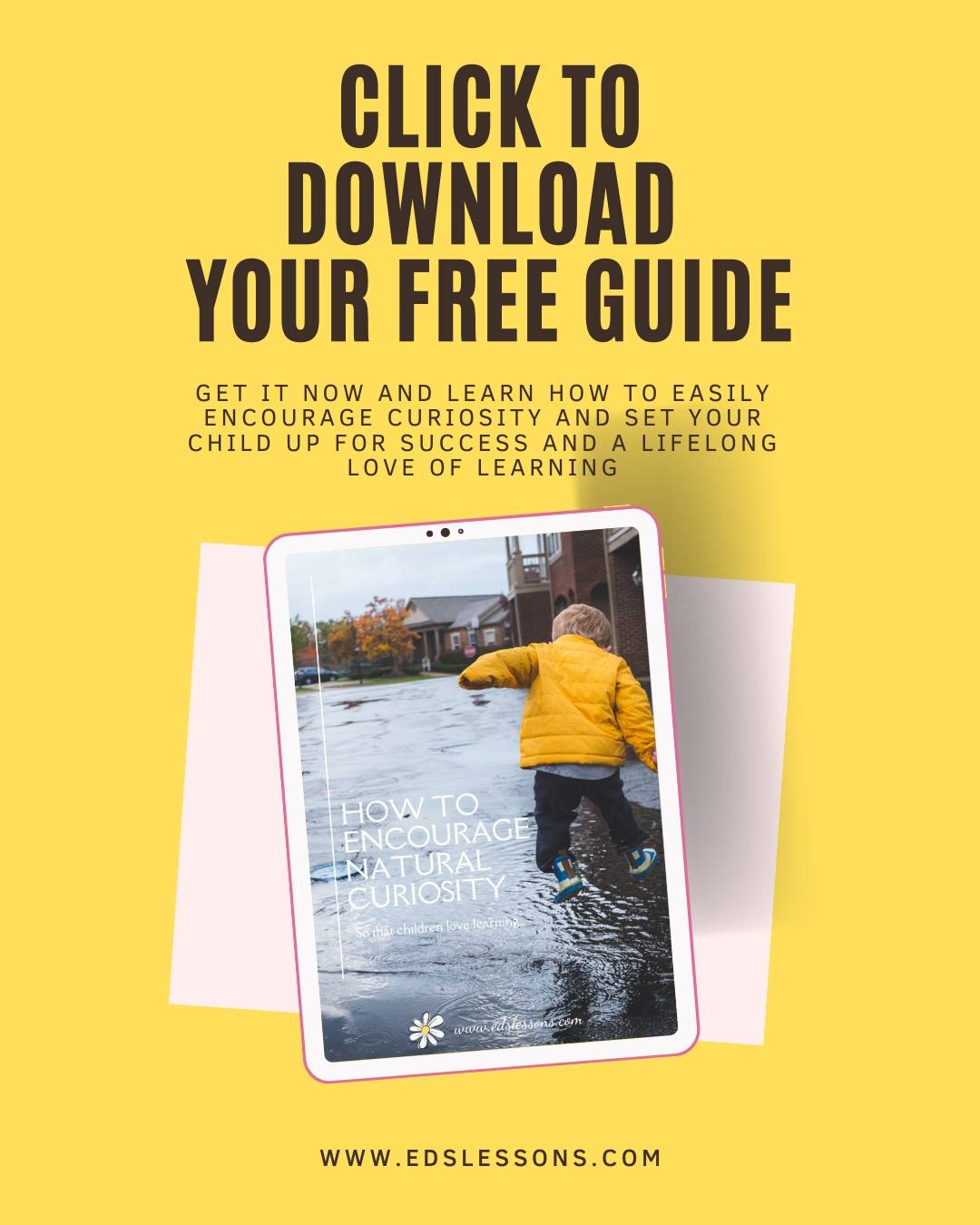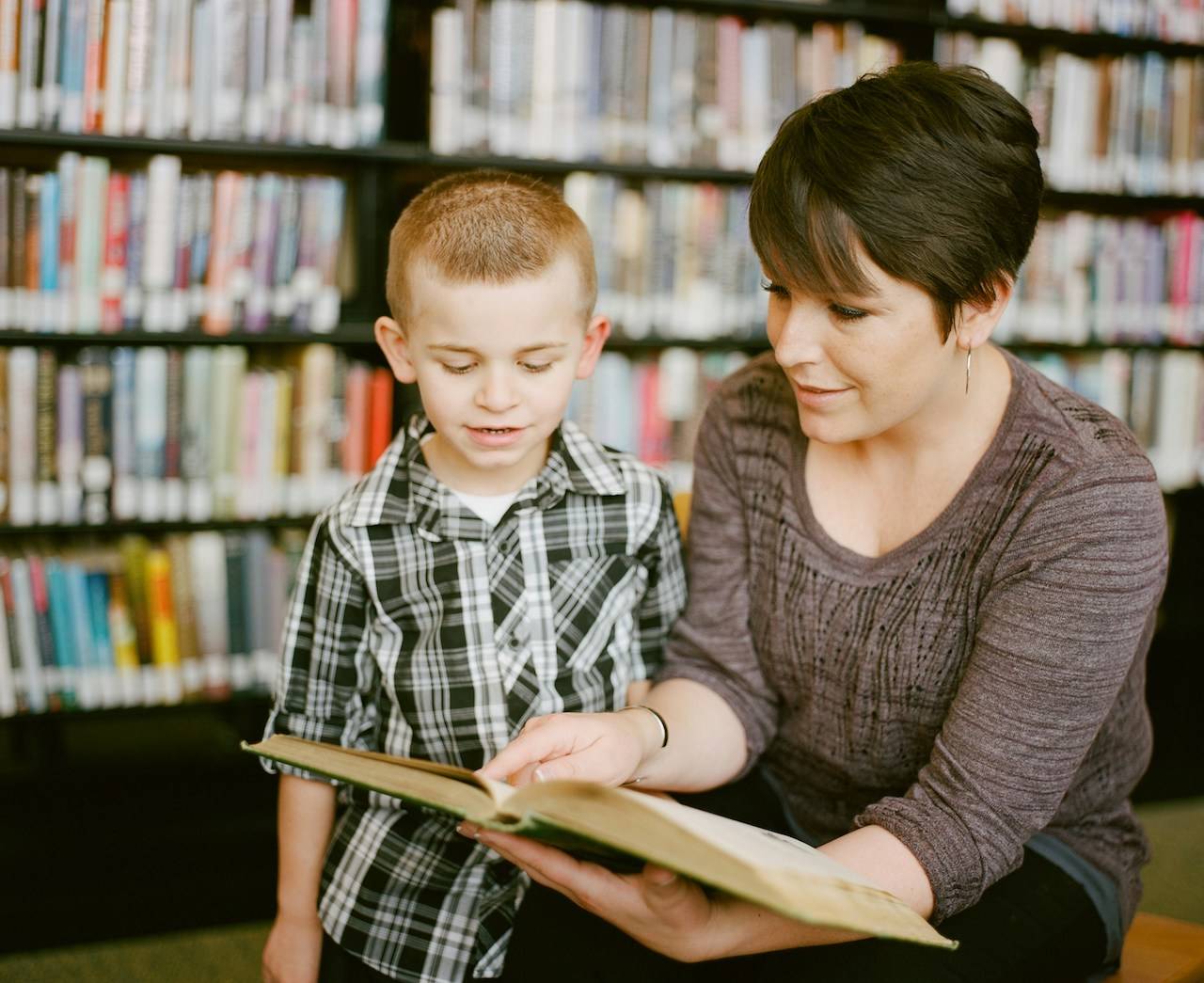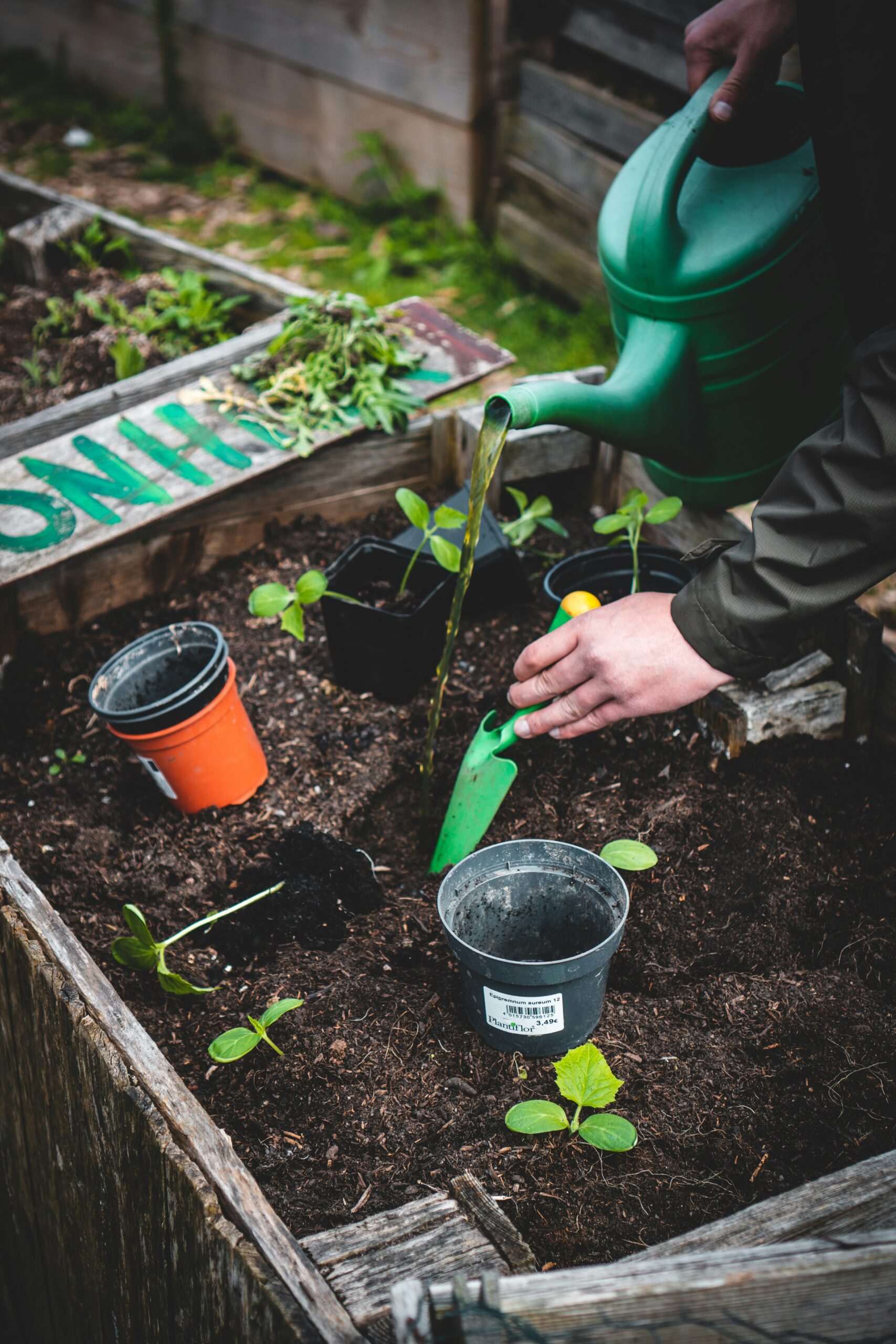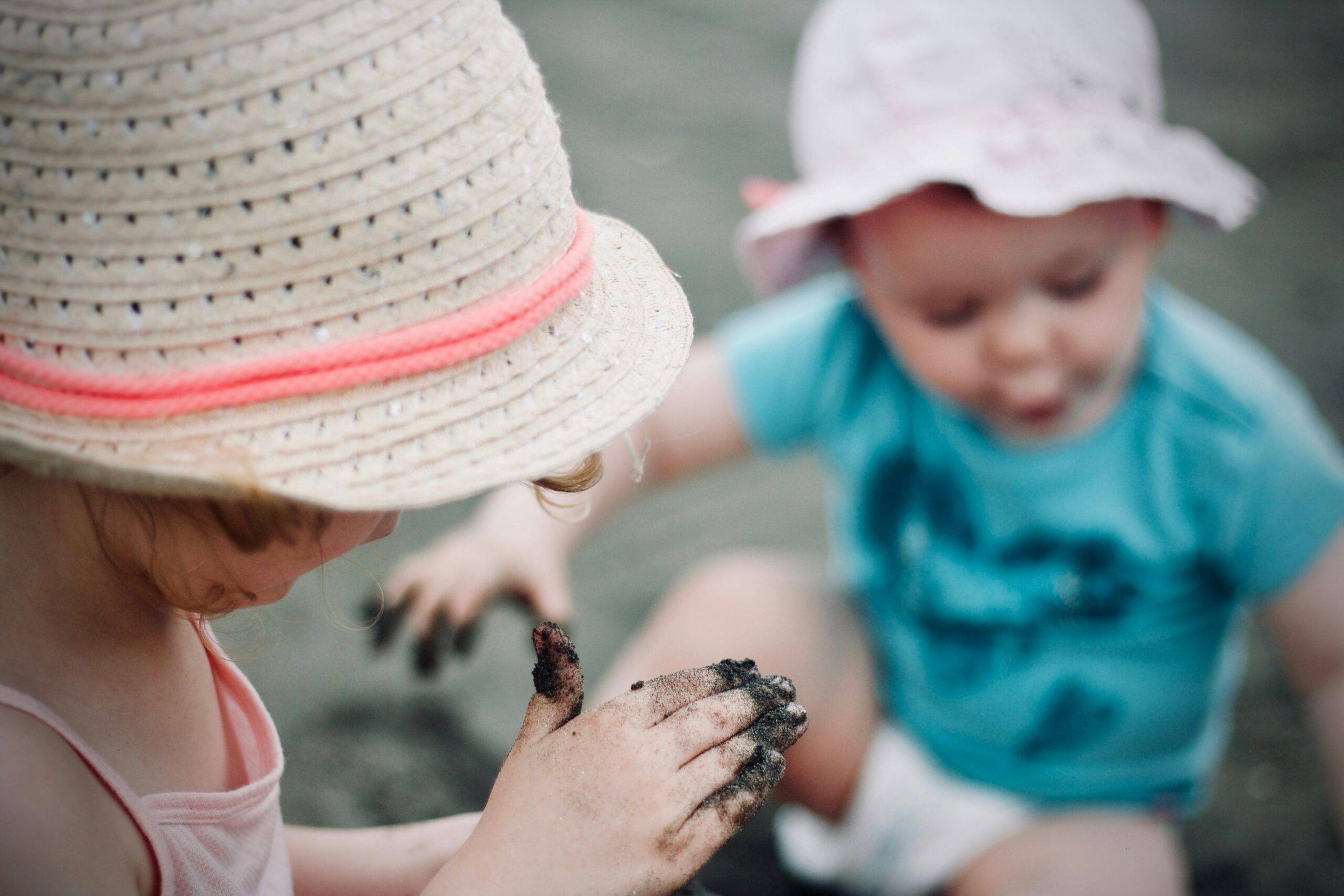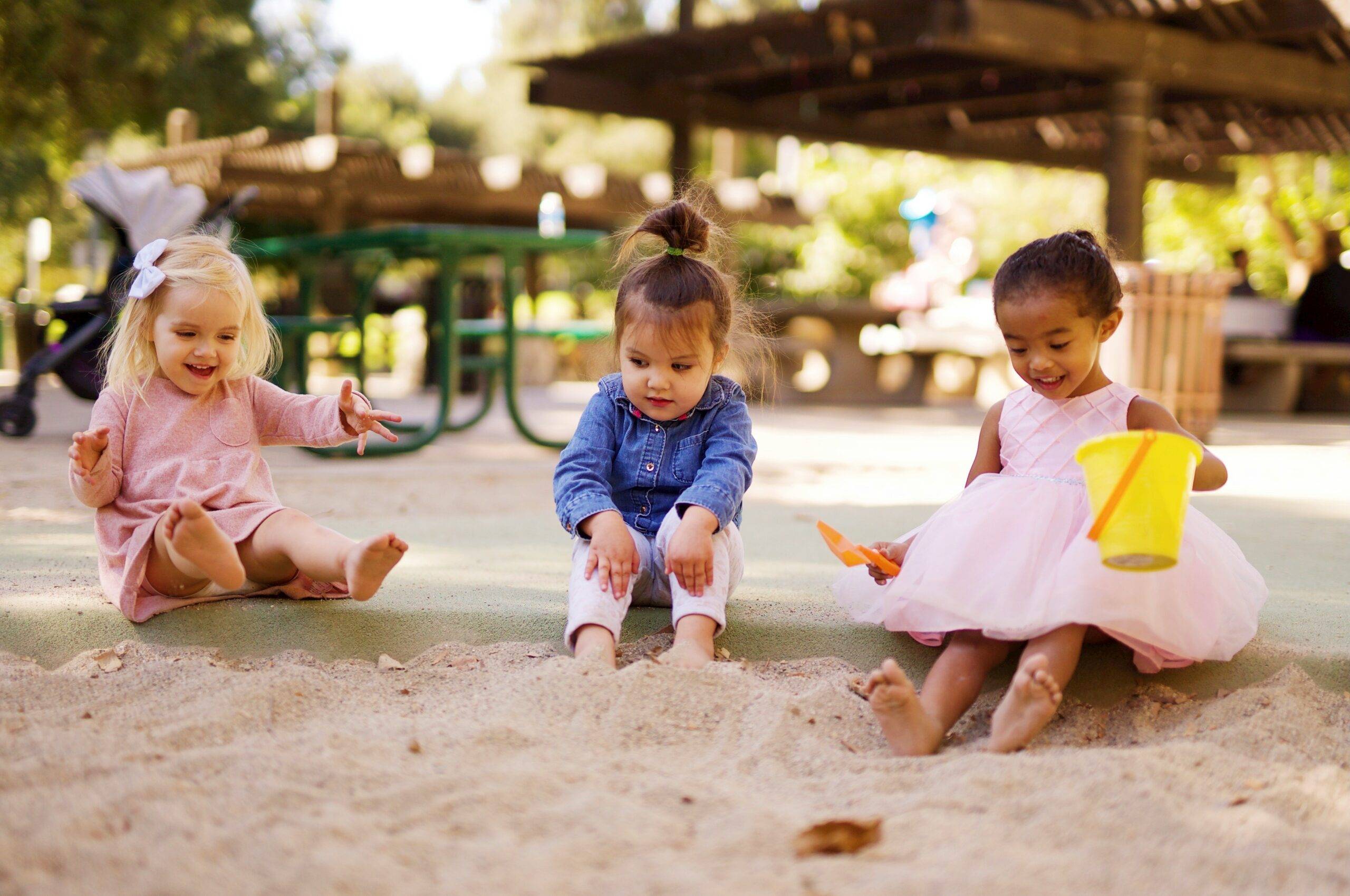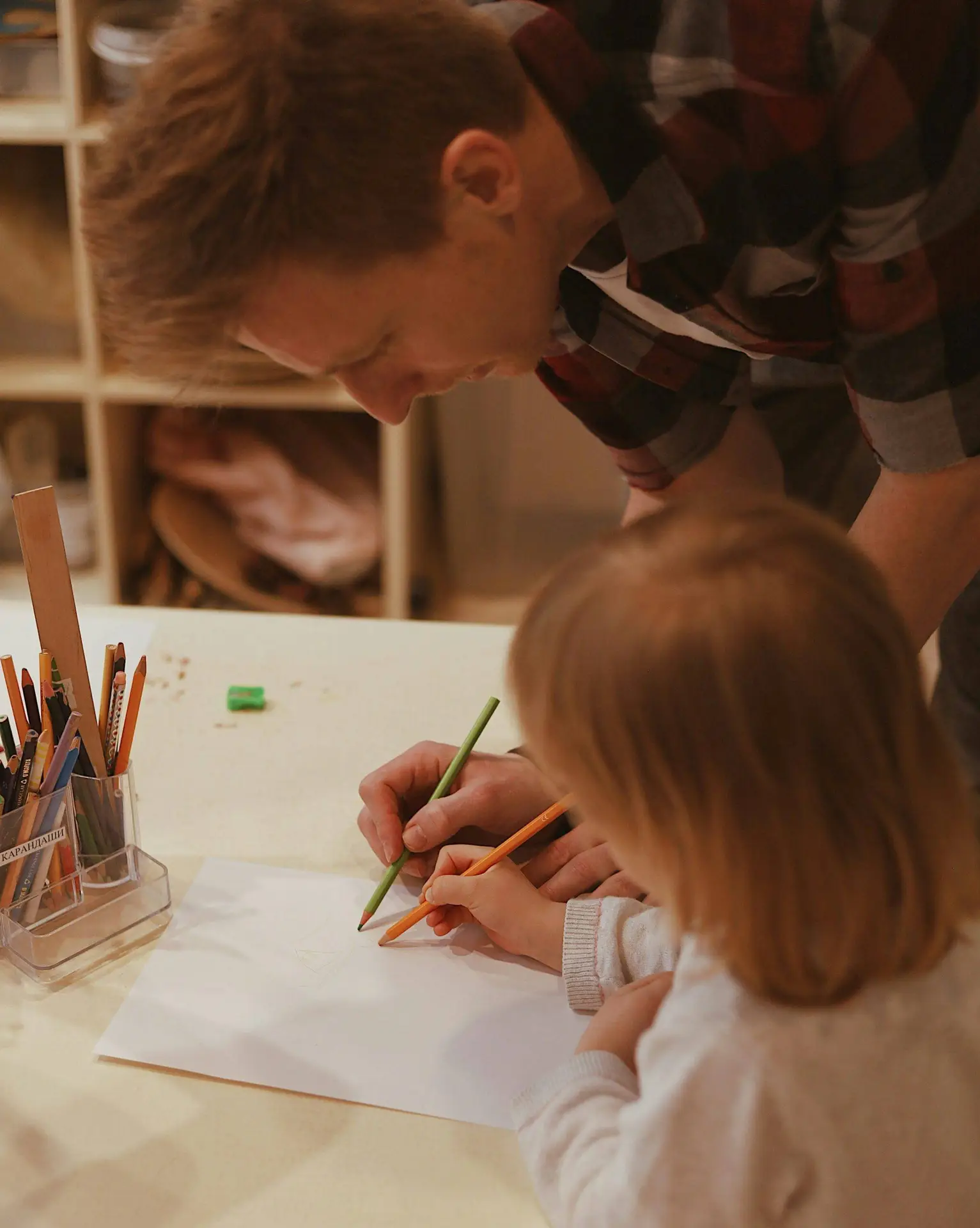Some of the links below may be affiliate links. This means that, at zero cost to you, I will earn an affiliate commission if you click through the link and finalise a purchase. All product recommendations are products that I have used and loved, or products that I would recommend based on experience.
How Cooking with Kids Helps Their Development
According to the WHO life skills are “Abilities for adaptive and positive behaviour that enable individuals to deal effectively with the demands and challenges of everyday life”
We’ve all learnt our life skills by observing others. See this post on the power of observational learning.
Something as basic as spending time in the kitchen with kids, is a massive opportunity for them to learn some essential life skills and create new neural pathways. Learning about food preparation and handling tools safely will teach kids how to lead, and provide healthful lives for themselves and their future families.
It also teaches them the crucial developmental skills they need in order to make progress in their learning now.
4 Developmental life skills kids learn in the kitchen
Physical skill development
Using tools
The use of tools teaches children that objects are defined by their function, and they begin thinking about how to classify objects – an important mathematical skill. With the right tools and a little encouragement, young children prove to be quite capable… when given the chance. Resist the temptation to correct too much or to ‘’fix” their efforts.
Very young children can learn to chop and peel vegetables. Slightly older children from 5 or 6 up can certainly with a short blade knife, begin to learn to chop vegetables. Children as young as 3 can begin learning to chop by cutting up something soft like a banana with a plastic knife. Teach them how to hold the knife or vegetable peeler and to peel away from themselves and to keep their fingers tucked away. Vegetables to start learning about peeling, are carrots, sweet potatoes, zucchini, turnips, and potatoes. Ensure you place the vegetable on a non-slip surface so that your child can rest the vegetable on it while peeling.
Fine and gross motor
There is much research evidence around the impact of gross and fine motor development as a predictor of language development in infancy and early childhood https://www.frontiersin.org/articles/10.3389/fpsyg.2019.02670/full
Some might say that in this technological driven world where children are increasingly learning with ipads and tablets, that fine and gross motor development are no longer important for learning. Writing still forms an important part of the educational system and children who are unable to write legibly place themselves at a disadvantage to those who can.
Writing has many cognitive benefits too. It influences reading and writing processing skills and there is also evidence that writing improves memory. Researchers have found that the physical act of writing creates unique pathways in the brain which resulted in those who wrote study notes by hand, remembered more content than those who typed them.
What does all this have to do with preparing food? Chopping, peeling, and stirring are all activities that develop muscles in the fingers, hands and arms thereby developing children’s fine and gross motor development through improved muscle tone and coordination, not to mention their ability to classify objects by their use and the sheer enjoyment they feel when spending time people they love.
Language Development
Cooking is a multi-sensory learning experience that assists children with their language development. It enriches vocabulary, and gives children opportunities to match actions with words (meaning) like mixing, stirring, chopping, whisking, frothing, dice, mince, braise, cream, sear etc. If you are following a recipe together children learn about procedural language not to mention learning foreign language words and their meaning e.g., roux, sauté, omelette, vinaigrette and so many more from French!
Children love learning “big” words, and you will be surprised how they will remember new words associated with performing tasks!
Mathematical Development
As already mentioned, using tools allows children to learn how to classify objects. When classifying objects according to similarities and differences like shape, colour, use, texture etc. children are developing complex mathematical thinking. In addition, the use of measuring cups and spoons, allow children to develop an understanding for measurement and volume. These are all concepts that build understanding about the world around us.
Social-Emotional Development
The process of preparing a meal is a mindful one that provides opportunities for developing a multitude of skills. In addition to the obvious physical skills required to hold and use a tool correctly, children are learning important social-emotional skills that are essential for managing their emotions and building healthy relationships.
Children learn to focus, have patience, persevere and be resilient. The act of completing a challenging task also fills them with pride and confidence. Preparing a meal also teaches children what it means to be part of a family, a community, and what it is to provide for ourselves and those we love. Learn more about the importance of social-emotional development at https://pathways.org/topics-of-development/social-emotional/
Easy recipe ideas to get started on developing life skills for kids
I’ve had a browse around the net and found these ideas for you:
- Vegetable soup – get kids to peel and/or chop the vegetables
- Vegetable crudites with a simple dip https://www.bbcgoodfood.com/recipes/avocado-houmous-crudites
- Sandwiches -using a butter knife to spread is a skill in itself
- Home-made pizza https://www.thecomfortofcooking.com/2012/08/make-your-own-mini-pizzas.html – instead of making your own dough you could make a quick version using mini pitta bread pockets or flat Arab bread as your base check out an ancient post from my old blog here https://mymezzaluna.wordpress.com/2011/07/25/quick-home-made-pizza/
- Fruit kebabs https://www.healthylittlefoodies.com/fruit-kebabs/
- Savoury snack kebabs https://www.eatsamazing.co.uk/family-friendly-recipes/party-food-ideas-recipes/3-quick-and-easy-savoury-skewer-ideas
- Muffins https://www.taste.com.au/baking/galleries/top-50-muffin-recipes/h7tmjdhp?page=3
- Bread – kids LOVE kneading dough https://www.bbcgoodfood.com/howto/guide/top-5-bread-recipes-for-kids
Conclusion
Spending time in the kitchen with kids teaches them essential life skills they need to deal with the demands of learning and life. You can learn more about the benefits of cooking with children at https://theconversation.com/children-as-young-as-two-can-learn-to-cook-here-are-the-kitchen-skills-they-can-get-to-grips-with-144318
If you have found this post informative or interesting, please share it and subscribe below to my monthly newsletter to ensure you’re up to date with all the exciting developments at Ed’s Lessons.
